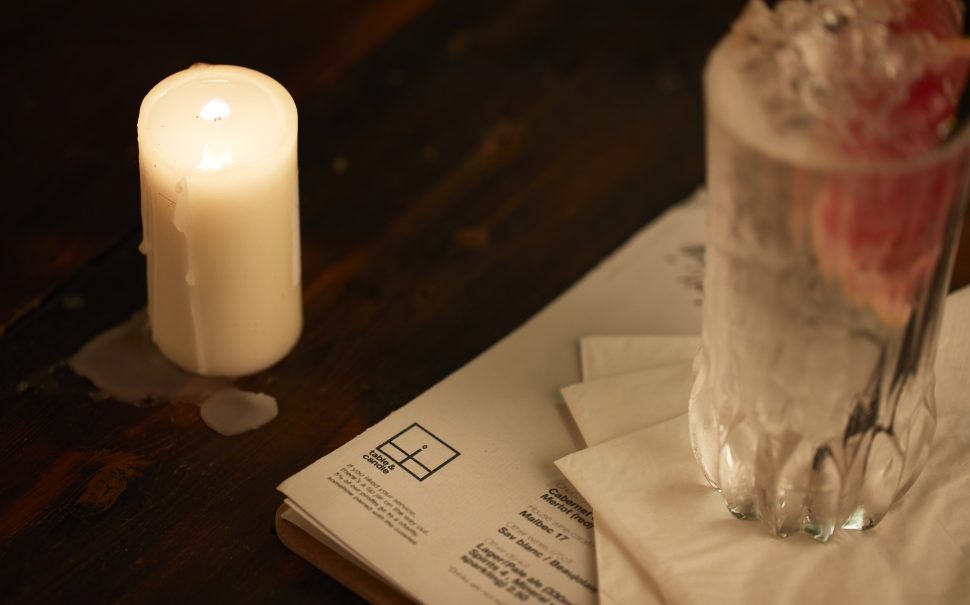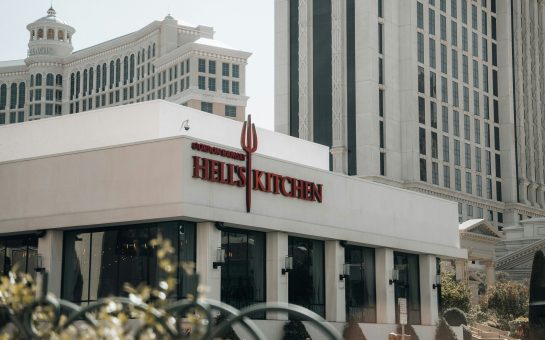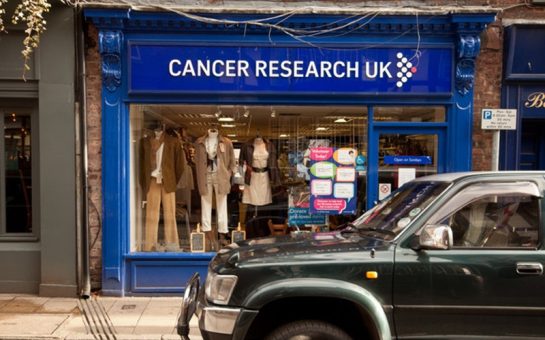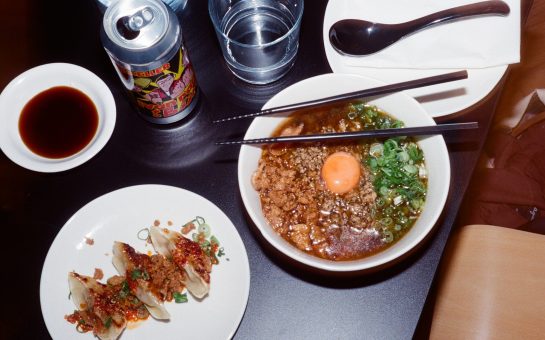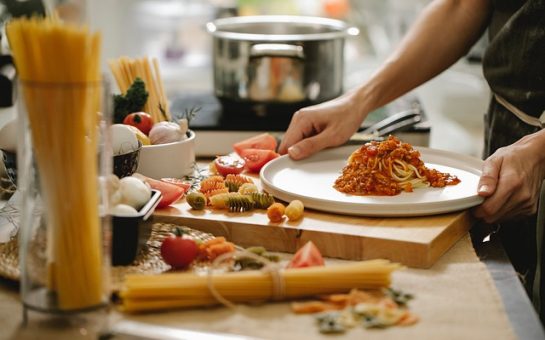Professor Green has been announced as the latest collaborator to create limited edition dishes at a sustainable beak-to-feet chicken restaurant in St James’s.
Fallow owned restaurant, Fowl, currently has a collaborating celebrity guest chef, James Blunt.
Next month the role will see Stephen Paul Manderson, aka Professor Green, who is known for rapping and previously co-hosting Lip Sync Battle UK designing dishes next month.
Fowl has divided diners since opening as a pop-up before Christmas with its chicken head pie containing chicken hearts, livers, and cockscombs with the head protruding as garnish.
Fallow Head Chef, Fergus Wilford said: “I am excited that people are getting more stuck in full carcass butchery and they need to because its cost effective.”
Nose-to-tail cooking is a sustainable approach that utilises all edible parts of an animal rather than only prioritising certain cuts.
Fallow has an in-house butcher, the equivalent of up to 48 bags of mushrooms growing on site at one time and a popular TikTok which often sees appearances from founding chefs, Jack Croft and William Murray.
Connected to the restaurant underground, Fowl’s emphasis is on a more casual, fun atmosphere that can benefit from the social media publicity that pop-ups often gain with trending, changing menus.
Wilford continued: “Going forward every business needs to look at nose-to-tail cooking, you might pay more for staff costs but everything else comes down because of it.”
Not only does this type of cooking attract a younger audience but it allows Fowl to retain staff, training younger chefs in vital skills which are lost in other kitchens who do not cook with the nose-to-tail approach.
Wilson added: “We are very good at looking at what we are throwing away, it gives us some headaches because there are some long winded jobs but it is worth it.”
Wilford believes that pop-ups gain publicity due to being more accessible and therefore gaining the spotlight and popularity.
Fallow is amongst the successful casual dining spots in London that started as a pop-up which allows a changing menu, guest chefs and a focus on reducing waste.
Wilford said: “With pop ups there should be minimal waste as you know how many people you’re cooking for, if you do your due diligence correctly then wastage should be at a minimum.”
Table&candle is a business that does just that, aiming to transform the way London eats.
They find under-utilised resources such as venues which close in the evenings and partner with incredible chefs to increase the accessibility of underrepresented cuisine.
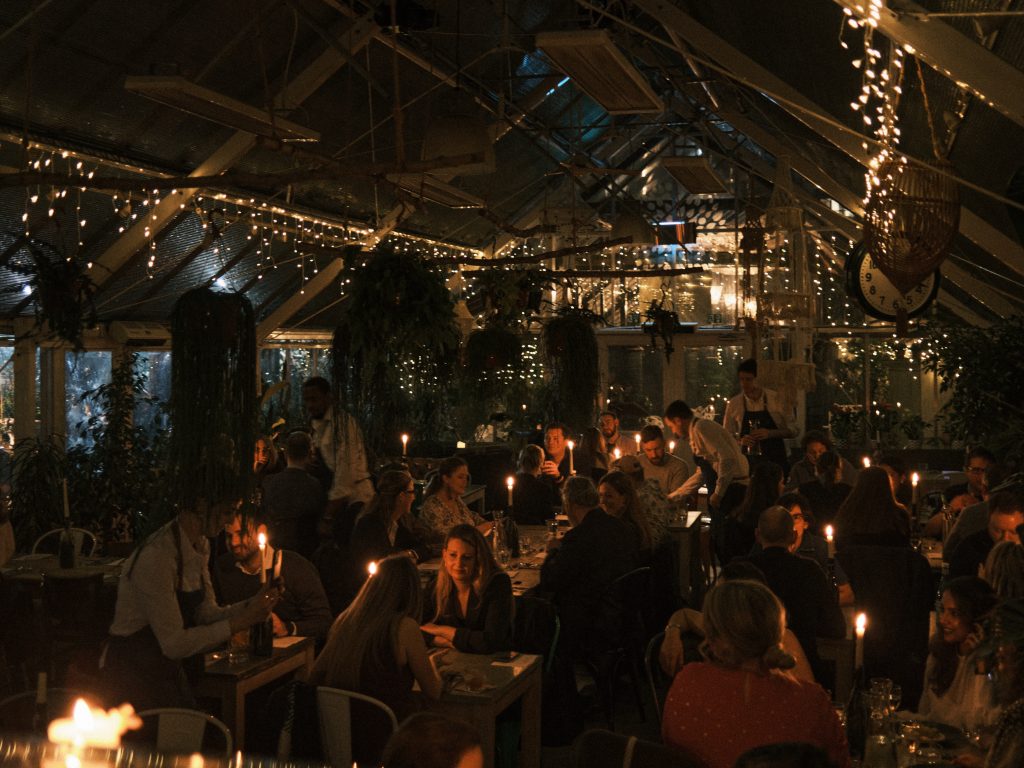
Founder and CEO of table&candle, Jamie Alexander, spoke of the need to empower chefs and remove the barriers that prevent their creations getting to the world.
His company is responsible for all the logistics to ensure the chefs can focus on the food.
Alexander said: “We are not trying to be overly exclusive, not trying to be cool, just great music, friendly staff allowing a cross section of society with the common theme of food.”
As the company knows all dietaries in advance, they do not take any food home at the end of the night.
Alexander added: “We are very proud of our record with food wastage.”
Whilst taking over an existing venue and lighting the room by candlelight also conserves energy.
Like Fallow, which opens a new restaurant, Roe, on the 22 April, table&candle is looking at expanding.
Wilford spoke of the likelihood of the next sustainable trend being aeroponic green wall systems.
Roe will have a wall of herbs grown on a zero water waste management.
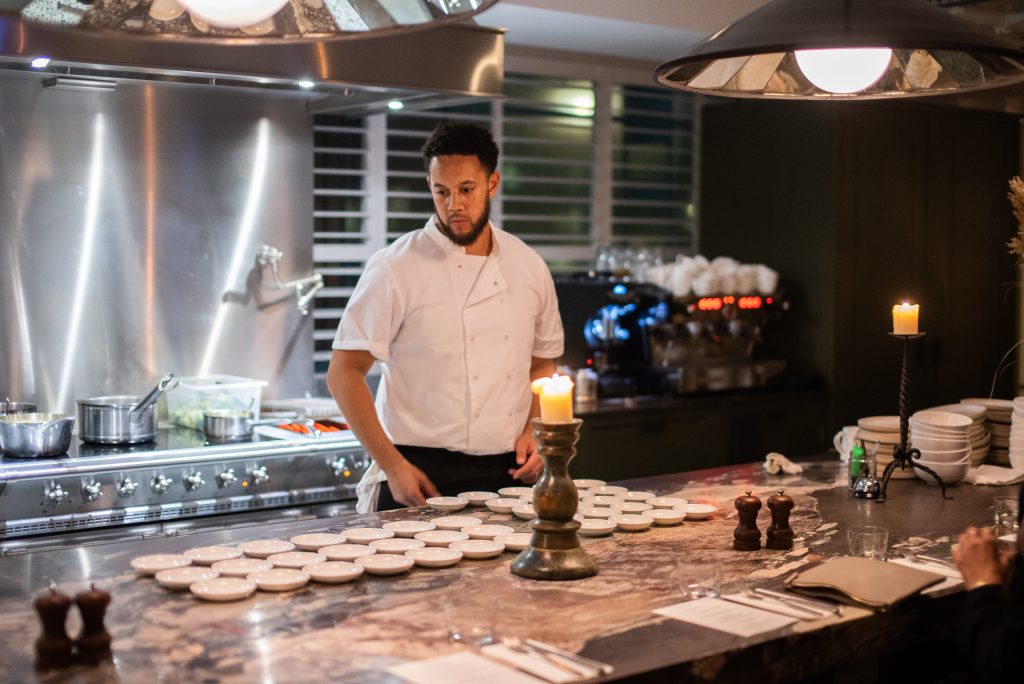
In two weeks table&candle restaurants can be seen in Rotherham, having popped up in Amsterdam and The Hague before Christmas.
Alexander found parallels with Doctors Without Borders for the hospitality industry, removing all barriers so that chefs can creatively, financially and geographically share their creations without the risk of being one of the three out of five new restaurants that will go bust in their first year.
As pop-ups appear to be on the rise, Alexander added that he hopes they do not replace permanent sites.
He said: “The world massively needs restaurants for our species, it is the most human industry that have got.
“The way that it is makes it very hard and pop-ups are the way for those creative individuals to viably run and share their creations with the world.”
Credit featured image: table&candle
